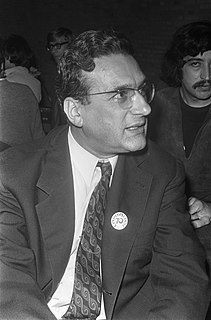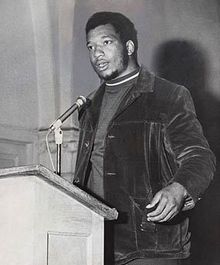A Quote by Allen W. Wood
Clearly no working class movement ever came about that was able to do what Marx was hoping for.
Related Quotes
Marx's own illusion was to think that the working class movement, which he devoted his life to creating and strengthening, would both be socially and politically successful in the industrial nations of Western Europe, and that it would develop an entirely new way of human social life that would retain and even enhance the productive benefits of capitalism while overcoming the inhumanity and exploitation of capitalist social relations. Marx himself had no solutions to these problems. His object of study was capitalism itself.
I came to the U.K. at the age of 19 and I didn't know anything about the working-class tradition, the Labour Party and the unions. I learned it. And in doing so, I came to appreciate that, if you're going to intervene politically, you'd better bloody well know something about the class on whose side you want to align yourself.
Marx's Kapital is not a treatise on socialism; it is a gerrymand against the bourgeoisie. It was supposed to be written for the working class, but the working man respects the bourgeoisie and wants to be a bourgeoisie. Marx never got a hold of him for a moment. It was the revolting sons of the bourgeoisie itself, like myself, that painted the flag red. The middle and upper classes are the revolutionary element in society. The proletariat is the conservative element.
The French need a thrashing. If the Prussians win, the centralization of state power will be useful for the centralization of the German working class. German predominance would also transfer the center of gravity of the workers' movement in Western Europe from France to Germany, and one has only to compare the movement in the two countries from 1866 until now to see that the German working class is superior to the French both theoretically and organizationally.


































